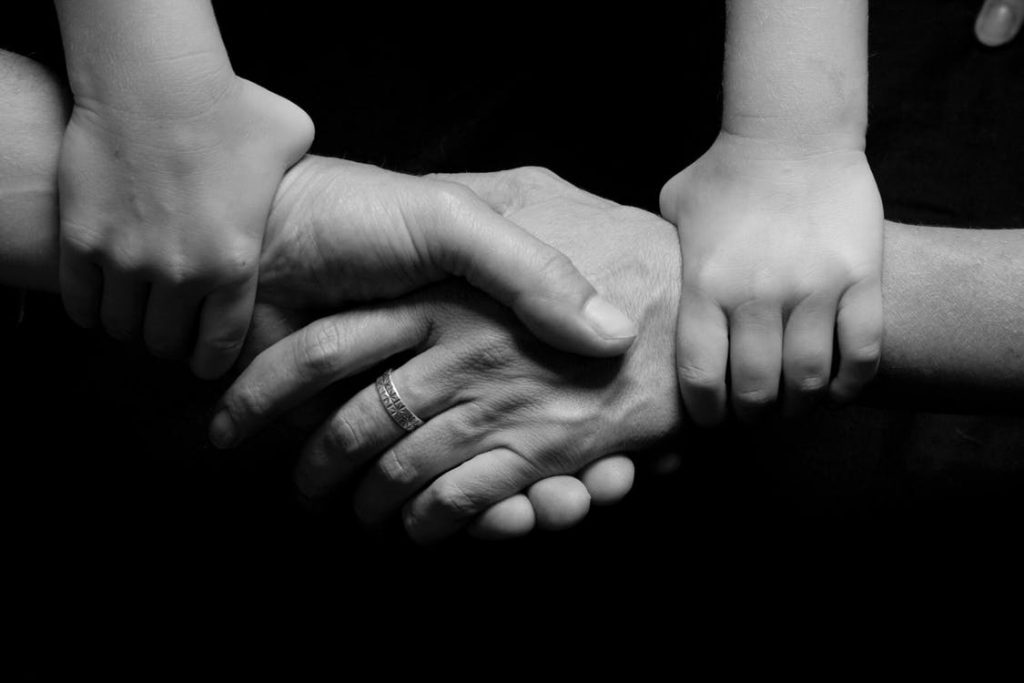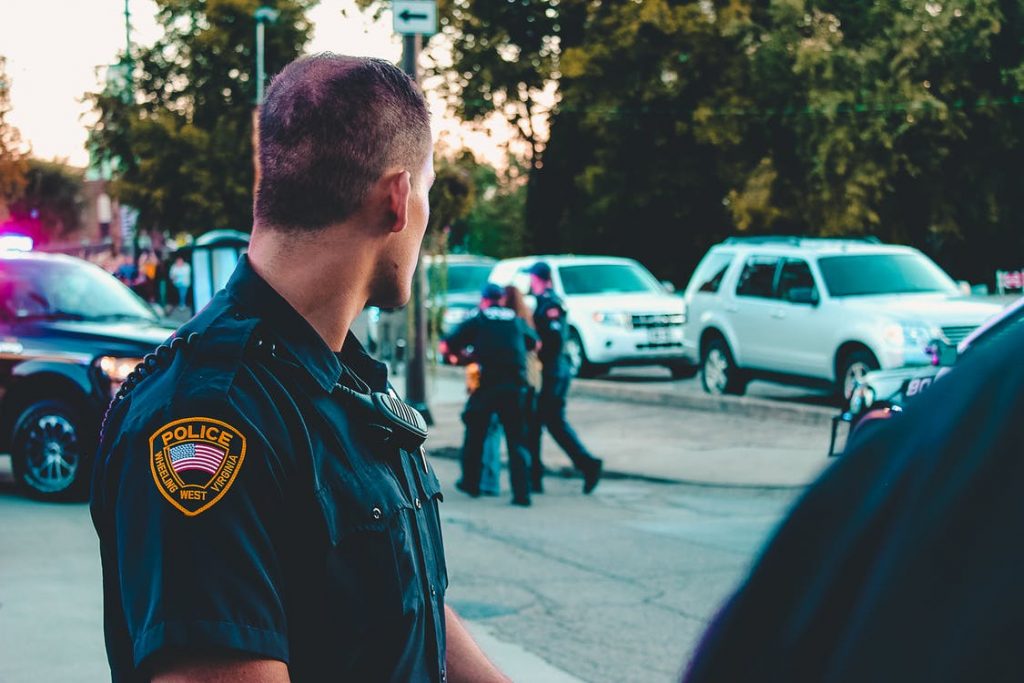What To Do If You’re Charged with the Abuse of a Family Member
Being charged with the abuse of a family member in Hawaii is a serious matter. The consequences of a domestic abuse conviction can have a significant negative impact on your future beyond jail time and fines.
Even being accused of abusing a family member can hurt your reputation thereby harming your career and relationships with others. Therefore, it is crucial that you take steps to protect your legal rights.
You should exercise your legal right to remain silent except to ask for an attorney. You have the right to have an attorney present during interviews, questions, and court hearings. Our Maui criminal defense attorneys strongly urge you to exercise your legal rights if you are charged with a family violence crime.
The potential consequences of a conviction are too severe to handle this matter on your own.
Call Cain & Herren at (808) 242-9350 to speak with a Maui domestic violence attorney.
In this article our Maui criminal defense lawyers discuss:
- Domestic Abuse Laws Apply to a Broad Range of Individuals
- What is the Definition of Domestic Abuse in Hawaii?
- What Should You Do If You Are Arrested for Hurting a Family Member?
- Can a Police Officer Arrest Me in My Home for an Argument with a Family Member?
- Penalties and Punishments for Domestic Violence Crimes in Hawaii
Domestic Abuse Laws Apply to a Broad Range of Individuals
Many people assume that allegations of domestic abuse apply only in spousal abuse cases. However, you can be charged with a crime for harming any member of your household.

According to Hawaii Revised Statute §709-906, it is illegal for an individual to abuse a family member or a member of his or her household. The statute defines “family or household member” as:
- Current spouses or reciprocal beneficiaries
- Individuals in a dating relationship defined under HRS §586-1
- Prior spouses or reciprocal beneficiaries
- Individuals who have a child together
- Parents
- Children
- Individuals related by consanguinity (sharing a common ancestor)
- Persons who are now or who formally shared a home (does not include adults who are roommates for economic or contractual purposes)
Therefore, you do not need to be related to a person by blood or marriage to be accused of domestic violence. The statute is intentionally broad to include the various relationships that might exist between a victim and an abuser.
What is the Definition of Domestic Abuse in Hawaii?
The term “domestic abuse” also has a broad definition under the law. According to HRS §586-1, domestic abuse is defined as:
- Physical harm;
- Assault;
- Bodily injury;
- Extreme psychological abuse;
- A threat of imminent physical harm, assault, or bodily injury; and,
- Malicious property damage.
The statute also defines what constitutes “extreme psychological abuse.”Conduct that intentionally or knowingly causes an individual serious alarm or continuously or consistently disturbs the person may be considered extreme psychological abuse.
Another factor used to decide if someone is guilty of this type of domestic abuse is whether the actions or conduct had a valid purpose. The judge also considers if the actions or conduct would cause a reasonable person to suffer extreme emotional distress when hearing a case involving psychological abuse.
What Should You Do If You Are Arrested for Hurting a Family Member?
The key information you need to know and remember if you are arrested on abuse charges is:
Contact our Maui domestic abuse defense attorneys as soon as possible. Don’t answer questions or give a statement until you speak with an attorney.
If you are arrested for domestic abuse, do not try to argue your side of the story with police officers or resist arrest. Cooperate with officers, but continue to decline to answer any questions without an attorney present.
Continue to respectfully request a Maui criminal defense attorney until you are allowed to consult with an attorney.

You can discuss your claim with an experienced Maui domestic abuse defense lawyer by contacting Cain & Herren at (808) 242-9350to schedule a consultation.
Can a Police Officer Arrest Me in My Home for an Argument with a Family Member?
If a family member or household member accuses you of abuse, you can be arrested immediately. Even if the person who alleges you abused them was involved in an argument or physical altercation, the allegation of domestic abuse might be sufficient for a police officer to arrest you at the scene.
A police officer must have reasonable grounds to believe that you have harmed a family member to make an arrest. Alleging the police officer did not have probable cause for an arrest is a common defense to a domestic abuse arrest.
If the police officer does not arrest you, he can order you to vacate the home for 48 hours. If you refuse to leave home, return home during the 48-hour period, or attempt to contact the victim, the police officer will arrest you.
Unfortunately, many individuals are falsely accused of abuse of a family or household members. A parent often accuses the other parent of domestic abuse to increase the parent’s leverage during a child custody case. Some spouses may allege spousal abuse because they are seeking revenge.
Maintaining your composure and exercising your legal rights are the two most important steps to take after being arrested for domestic violence in Hawaii.
It is also important to follow the terms of an order of protection. Even if you are innocent, violating an order of protection can hurt your case in court and result in additional punishments. Remember, you will have your say in court. Until then, stay away from the accuser and follow the instructions given to you by your Hawaii criminal defense attorney.
Penalties and Punishments for Domestic Violence Crimes in Hawaii
Being convicted of abuse of a family or household members can result in harsh punishments and penalties. The penalties for the first and second convictions of domestic abuse are:
- A minimum of 48 hours in jail for a first domestic violence offense and a fine up to $500.
- A minimum of 30 days in jail for a second conviction of domestic abuse within one year of the first conviction and a fine up to $1,000.
First and second charges of domestic abuse are misdemeanors. However, a third or subsequent charge of abuse of a family or household members is a Class C felony if:
- The offense occurs within two years of the last conviction for domestic violence;
- The abuser knowingly or intentionally blocks the regular circulation of blood or breathing by applying pressure to the person’s neck or throat; or,
- The abuse takes place “in the presence of a minor” who is a household member or family member younger than fourteen years of age. “In the presence of a minor” is defined as being in the physical presence of a minor or knowing that the minor may see or hear the abuse because the minor is present.
The penalty for a conviction of a Class C felony is up to five years in prison and a fine of up to $10,000.
Contact Experienced Maui Criminal Defense Attorneys to Discuss Your Case
You may have one or more possible defenses to domestic abuse charges. An experienced Maui criminal defense lawyer closely examines your case, including the circumstances of your arrest, to develop a defense strategy to protect your legal rights and freedom.
Call Cain & Herren at (808) 242-9350 now to discuss your case with a Hawaii criminal defense lawyer. You may also contact our office using the contact form on our website.

